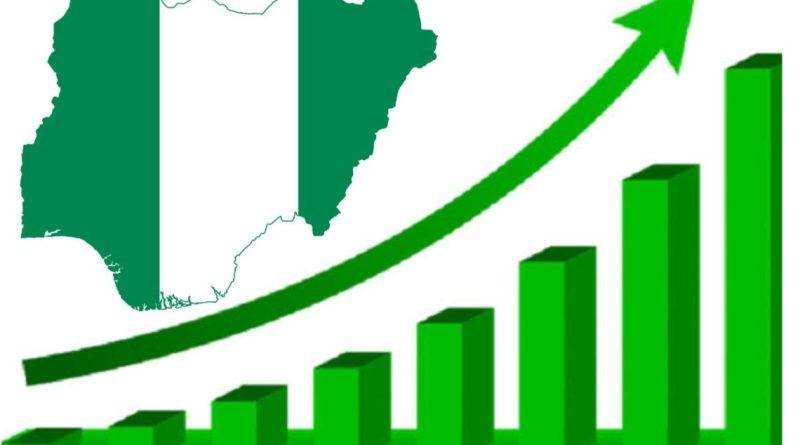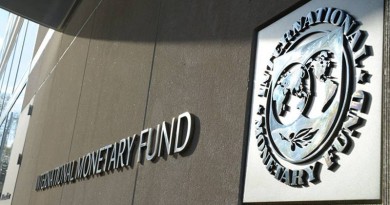Nigeria’s economic growth forecast downgraded by 0.1%
The International Monetary Fund (IMF) released its World Economic Outlook Update in January 2024, stating that Nigeria experienced a growth rate of 2.8 percent in 2023. However, the IMF revised its economic growth forecast for 2024 downward by 0.1 percent, from the previously projected 3.1 percent in October 2023 to 3.0 percent.
This decrease in economic growth can be attributed to persistent macroeconomic weaknesses, high levels of public debt, inadequate infrastructure, political unpredictability, and external shocks such as rising global geopolitical tension. Unfortunately, with a population growth rate of approximately 2.4 percent, a projected growth rate of 3 percent is insufficient to alleviate poverty and improve the standard of living for millions of people.
Nigeria’s economic growth forecast
In contrast, the Nigerian government’s approved 2024 budget projected a higher economic growth rate of 3.76 percent, surpassing the IMF’s projection by 0.76 percentage points. It is important to note that the average growth rate for the first three quarters of 2023 was 2.45 percent, which is 1.3 percentage points lower than the projected growth rate of 3.75 percent. Therefore, achieving and surpassing the 2024 growth projection is crucial in uplifting the living standards of Nigerians.
To accomplish this, the government must urgently address the binding constraints to growth, including macroeconomic uncertainty, insecurity, and power outages. Policymakers in Nigeria should prioritize the implementation of structural reforms, enhance fiscal discipline, and improve the business environment to attract investments and foster sustainable growth. Additionally, addressing social and political stability issues will contribute to a more favorable environment for economic development in the country.




